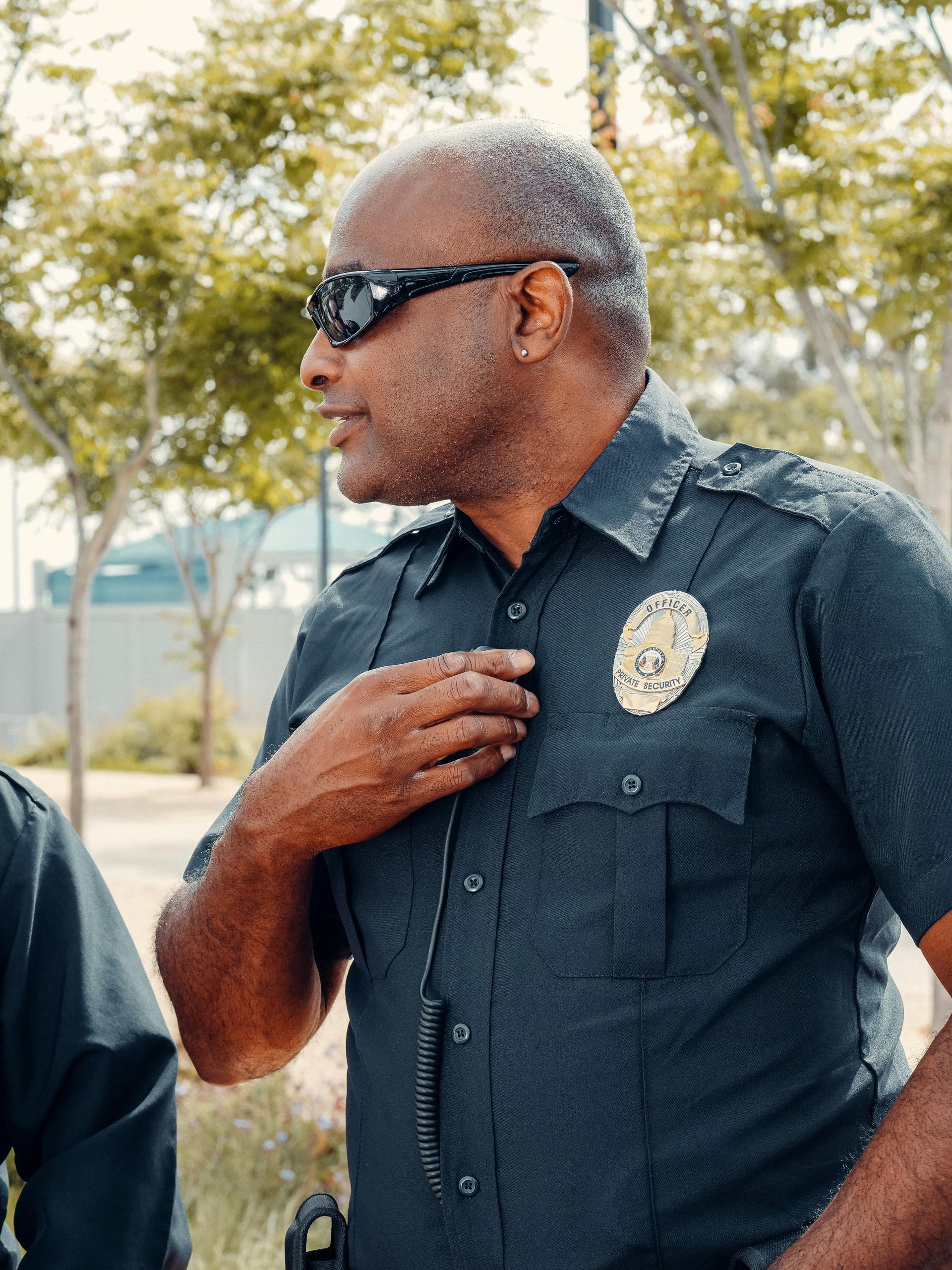Understanding Your Right to Remain Silent
Understanding Your Right to Remain Silent
When facing law enforcement after being pulled over or approached on the street, you may not be sure how to proceed. This is further complicated if you find yourself detained – or even worse, placed under arrest.
In proper due process, you should be read your Miranda Warning when placed under arrest. This is when you are informed that “you have the right to remain silent.”
Did you know that you can also exercise this right in many cases before being arrested? This post will explain everything you need to know about what your right to remain silent entails, when you may be required to speak, and when to seek out a Rancho Cucamonga, California attorney for help.
When to Stop Talking (Hint: Right Now)
In almost every scenario, you can choose to remain silent whenever you are questioned by law enforcement. This holds true whether you have been read your Miranda Warning or not. This is part of the Miranda Rights, which were established by Miranda v. Arizona in 1966.
Assuming you can only elect to remain silent after an arrest is a mistake many people make in initial police interactions. In fact, you do not have to answer questions while you are detained either.
To better understand why this is the case, you should also know the difference between being arrested and being detained.
- Arrested means you are restricted from your freedom of movement. This is usually enforced through being handcuffed and taken to the police station for processing.
- Detained means you are temporarily held and in custody for a short amount of time. Detention is warranted if police suspect you of criminal activity or if you may have information about a crime.
In either case, you are still legally entitled to exercise your right to remain silent. Whether you're simply being informally spoken to by a police officer or under controlled interrogations, silence is still within your legal rights.
The Right Way to Exercise Your Right to Remain Silent
During any encounter with law enforcement, it is advisable to proceed with caution and respect. This holds true despite any personal feelings or sentiments you may hold about police – or whether you feel the stop was justified.
The same concept of caution and respect carries over into the exercising of your right to remain silent. There is, in fact, a right and wrong way to exercise this right.
Wrong Way: *No Talking*, *Shutting Down and Refusing to Interact*, *Anger and Hostility and Vitriolic Words*
Expressing frustration or hostility toward any law enforcement will likely escalate the situation. Remember the human element of police officers. Like you, they likely do not prefer to interact with people who are rude or openly hostile to them.
Similarly, just shutting your mouth and refusing to acknowledge anything an officer says to you is not the right course of action. An officer may not be able to confirm that you understand a command or recognize whether you’re being detained or arrested. And complete, total silence does not always communicate that you do want to express your right to stay quiet.
Right Way: *Slow, Clear Movements*, *Showing Your Hands*, *Expressing Your Intentions*, *Remaining Calm*
Initially, you may want to determine an officer's intentions. Does law enforcement have a reason beyond a stop to detain you? And if so, what is the reason?
You can learn this information by remaining calm and polite and asking simple questions such as “Am I free to go?” or “Am I being detained?” This does not mean shouting “AM I BEING DETAINED?!” over and over again like you may have seen other people do.
Any police encounter is an understandably stressful experience. But remember to do your best and stay calm. Make sure your hands are visible and make no sudden movements. Follow an officer’s commands to provide vehicle and/or licensing information.
If you are being detained, clearly communicate that you wish to remain silent:
- “I am going to remain silent”
- “I am exercising my right to remain silent”
- “I want to remain silent”
Keep this phrase clear, straightforward, and unmistakable about your intention.
Exceptions to Your Right to Remain Silent
It’s important to note that there are some situations where you do not have a right to remain silent. These exceptions all occur in situations where law enforcement is not attempting to get you to incriminate yourself with your responses. Instead, they occur in all the following areas:
- Traffic Stop Document Requests: You must comply if an officer pulls you over and asks for documents related to the legality of your driving status. Beyond this, though, you and anyone else in the vehicle have the right to remain silent.
- Imminent Danger and Public Safety: In matters of potential imminent danger and public safety hazards, you must respond to law enforcement when questioned. For instance, if a suspect is arrested for a violent action and may have other dangerous hazards they know about, police can still question suspects (and still use this evidence in court) even if they elect the right to remain silent.
- Routine Arrest Booking: After an arrest, you will be asked general questions like your full name, address, phone number, and others. Remaining silent here won’t gain you any advantages and will make your booking process more difficult.
Don’t Wait to Secure an Attorney
If you have been arrested and are facing criminal charges, it is paramount that you secure an attorney as soon as possible. They will help shield you from further incriminating yourself or misstepping during any interrogation process.
Don’t wait another moment to speak with an experienced Rancho Cucamonga attorney. Reach out today to learn more about your options.









